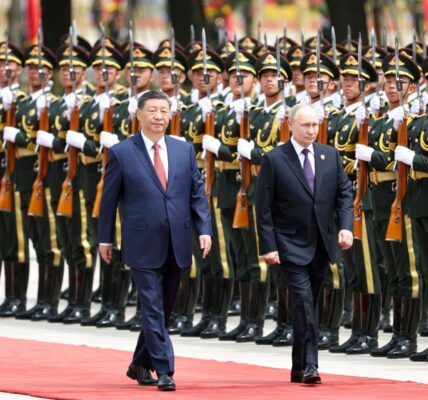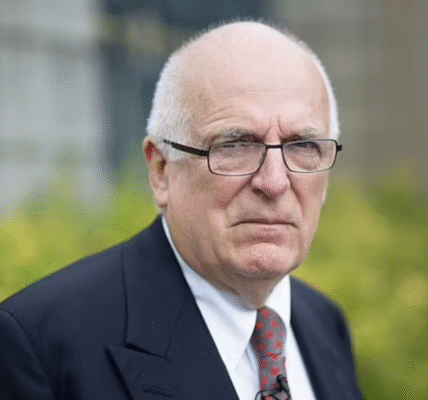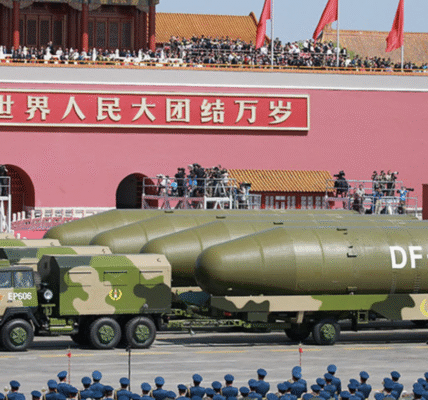US warns allies not to use Chinese satellites for civilian communications systems

The United States is urging other countries to avoid doing business with Chinese satellite companies amid fears that such contracts fuel military development and help Beijing gather sensitive intelligence from allies.
A leaked memo from the US State Department warned America’s allies not to use satellite services from “untrusted suppliers,” such as those from “China.” The memo stated, “It is important to ensure satellite services provided by untrusted suppliers, such as those from China, are not permitted to operate in your country.”
The memo, obtained by Defense One, said that working with Chinese space providers operating in low Earth orbit (LEO) could help Beijing advance its foreign-policy goals. The document also noted that Chinese law allows the central government to compel domestic satellite operators to hand over sensitive information on their business activities, granting possible openings for sensitive data exfiltration.
The memo also suggested that while some providers offer more reliable services, it acknowledged that US-based SpaceX, controlled by Elon Musk, retains the right to restrict or withdraw its Starlink service at any time, as it has reportedly done in Ukraine.
The leaked memo underscored how rising tensions between the US and China have extended into the space economy, a sector projected to grow by billions of dollars and become a new frontier for cybersecurity and military conflict.
Countries should “take steps to exclude untrusted satellite providers, such as those based in China, and make sure they cannot enter the market and jeopardise national security, business secrets, and citizens’ privacy,” the memo said.
Chinese satellite companies may seek to use anticompetitive practices to lock out other providers, the memo added, arguing that such moves “may bar competitors — leaving your host country stuck in a monopolistic, Beijing-controlled market.”
A State Department spokesperson said the department does not comment on the contents of internal documents and added that the US “encourages allies and partners around the world to protect their infrastructure and technology by only allowing trusted vendors.”
Last week, Federal Communications Commission Chairman Brendan Carr said that European allies, wary of Starlink, may face even greater concerns if they turn to Chinese satellite internet alternatives.
“If Europe has its own satellite constellation, then great, I think the more the better. But more broadly, I think Europe is caught a little bit between the US and China. And it’s sort of time for choosing,” Carr told The Financial Times.
US officials separately told The Financial Times on Thursday that Chang Guang Satellite Technology Co. Ltd., a Chinese company with military ties, is providing the Iran-backed Houthis with targeting intelligence against US naval assets in the Red Sea.
Space is an emerging national-security frontier. Orbital assets, including satellites, underpin communications technologies used by both civilians and the military.
Space matters came to the fore last February amid confirmed reports of Russia developing an anti-satellite nuclear missile. In May, a former Pentagon official told a congressional panel that a satellite detonation could render objects travelling in low-Earth orbit unusable for a year.
“This capability could pose a threat to all satellites operated by countries and companies around the globe, as well as to the vital communications, scientific, meteorological, agricultural, commercial, and national security services we all depend upon,” said John Plumb, who at the time was Assistant Secretary of Defense for Space Policy.



































































































































































































































































































